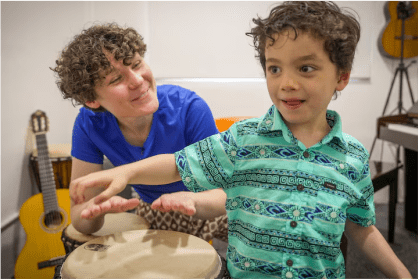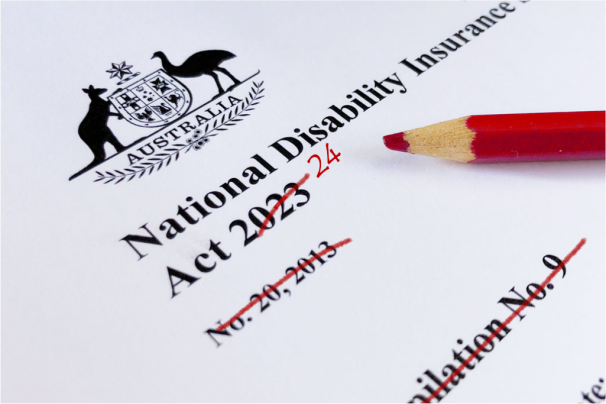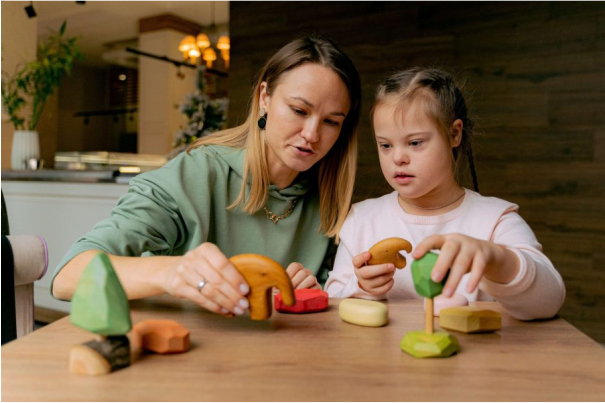News & Updates

How to Avoid Delays to Short Term Accommodation Payments
If you have recently submitted a Short Term Accommodation (STA) claim, you may have noticed that some claims or reimbursements are being rejected by the NDIA. This increased scrutiny is due to the NDIA’s heightened focus on what participants are claiming as Short Term Accommodation and Respite, as well as the documentation required for approval.

Changes to Your Eligibility and Access to Short Term Accommodation, Music, and Art Therapy
We have some short but very important updates to share with you today. If you are accessing Short Term Accommodation (STA), Music Therapy, or Art Therapy, please review the details outlined below carefully.

NDIS-Funded Music and Art Therapy
The advice regarding art and music therapy has now changed. For the most up-to-date information, refer to the latest guidance. The NDIS exists to ensure participants have access to evidence-based, disability-related supports they require. Recent changes to legislation have introduced updated definitions of NDIS supports, clarifying what participants can and cannot use their funding for.

Updates to NDIS Access and Eligibility
On 3 October 2024, important changes to the National Disability Insurance Scheme (NDIS) took effect, aimed at enhancing clarity, fairness, and consistency for participants. These adjustments stemmed from extensive discussions with the disability community and marked a significant advancement toward a more sustainable and participant-centered NDIS.

Changes to the NDIS legislation and policies

What does the NDIS fund, and what does it not cover?

Pricing updates - announced 1 October 2024
FAQs
Not all types of support required by a person living with a disability fall under the responsibility of the NDIS .
Some supports are funded by other areas of government (e.g. state health systems) or existing public/community services.
In general, the NDIS will fund reasonable and necessary supports that help a person living with a disability enjoy an ordinary life.
These supports and services fall into three categories.
Core
A support that assists with activities of daily living.
Capital
A support for an investment, such as assistive technologies; equipment and home or vehicle modifications; or funding for capital costs (e.g. to pay for Specialist Disability Accommodation).
Capacity building
A support that helps build independence and skills.
Common examples of supports provided or funded by the NDIS include:
- Help with personal care activities and/or household tasks
- Home and vehicle modifications
- Assistive technology, aids and mobility equipment, including set up and training by skilled personnel
- Transport to enable participation in community, social, economic and daily life activities, e.g. workplace, gym or places of learning
- Support to find and keep a job
- Therapeutic supports like occupational therapy, speech therapy and behaviour support
- Health-related supports (as long as they are a regular part of your patient’s life and the need for them arises from a disability), e.g. continence, diabetic management, dysphagia, epilepsy, nutrition, podiatry, respiratory and wound and pressure care supports (see the Disability-related health supports page for full details).
If you are uncertain if the supports your patient requires are funded by the NDIS, refer the patient to a Local Area Coordinator for further advice before proceeding with an Access Request, as other public or community services may be more appropriate.
The NDIS is not designed to fund supports more appropriately funded or provided by the health system.
Assessment, diagnosis and treatment of health conditions, along with medications and hospital care, remain the responsibility of the health system.
As a general guide, the following health-related services and supports are not provided or funded through the NDIS:
- Items and services covered by the Medicare Benefits Schedule (MBS) and Pharmaceutical Benefits Scheme (PBS), nor Medicare gap fees.
- Treatment, services or supports delivered by a doctor or medical specialist, including diagnosis and assessment of a health condition.
- Items and services provided as part of diagnosis, early intervention and treatment of health conditions, including ongoing care of chronic health conditions.
- Medically prescribed care, treatment or surgery for an acute illness or injury including post-acute care, convalescent care and rehabilitation.
- Sub-acute care including palliative care, end of life care and geriatric care.
